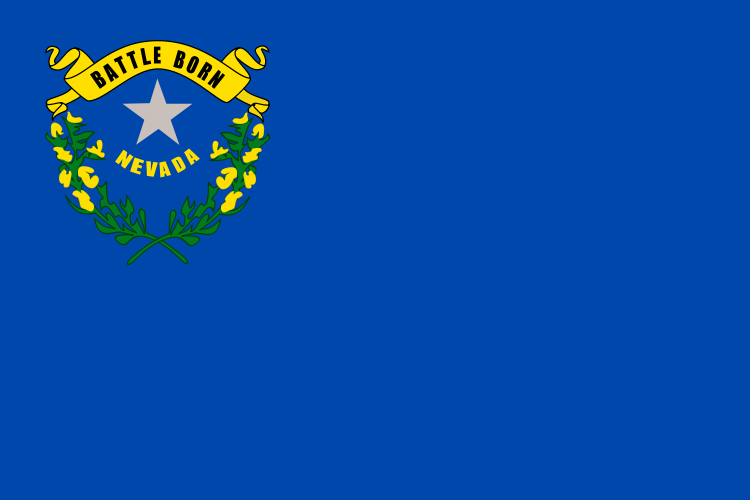Incumbent U.S. Sen. Catherine Cortez Masto (D), former state Attorney General Adam Laxalt (R), and three others are running for a seat in the U.S. Senate from Nevada on November 8, 2022.
Time's Philip Elliott wrote, "The match-up [between Cortez Masto and] Republican Adam Laxalt is seen as a two-point race at best—and one that could decide if the Democrats hold their narrow majority in the Senate."
Cortez Masto took office in 2017 after defeating Joe Heck (R) 47.1% to 44.7%, becoming the first-ever Latina elected to the U.S. Senate. Sen. Harry Reid (D) held the seat from 1987 to 2017. Before being elected to the Senate, Cortez Masto served as Nevada’s attorney general from 2007 to 2015.
Laxalt replaced Cortez Masto as state attorney general, serving from 2015 to 2019. Laxalt was the Republican gubernatorial nominee in 2018, losing to Steve Sisolak (D) 49.4% to 45.3%. Laxalt is the grandson of former Nevada governor and U.S. Senator Paul Laxalt (R), and is the son of former New Mexico Senator Pete Domenici (R).
Three election forecasters rate the race a toss-up, and recent statewide elections in Nevada have been decided by five percentage points or fewer.
In the Nevada 2018 U.S. senate race, Jacky Rosen defeated incumbent Sen. Dean Heller (R) by five percentage points. In 2016, Cortez Masto defeated Heck (R) by 2.4 percentage points. The two most recent presidential elections in Nevada were similarly close. Joe Biden (D) defeated incumbent President Donald Trump (R) by 2.4 percentage points in the 2020 presidential election. Hillary Clinton (D) defeated Trump in the 2016 presidential election by 2.4 percentage points.
The Cook Political Report’s Jessica Taylor said demographic shifts are one reason for the state's competitiveness. "Nevada is a uniquely transient state: half of those on the state's voter rolls have registered since 2016, when Cortez Masto was first elected," Taylor said. "Unaffiliated voters became the largest bloc in the state last fall," Taylor also said.
Times's Elliott said the state's Latino population will play an important role in the election's outcome. "Strategists anticipate about 15% to 20% of the electorate to identify as Hispanic or Latino—and could be even bigger as both sides are working to register new voters," Elliot said.
Minor party, independent, and write-in candidates include Barry Rubinson (Independent American Party), Neil Scott (Libertarian), and Barry Lindemann (Independent).
The outcome of this race will affect the partisan balance of the U.S. Senate. Thirty-five of 100 seats were up for election, including one special election.] Democrats have an effective majority, with the chamber split 50-50 and Vice President Kamala Harris (D) having the tie-breaking vote. Fourteen seats held by Democrats and 21 seats held by Republicans are up for election in 2022.



